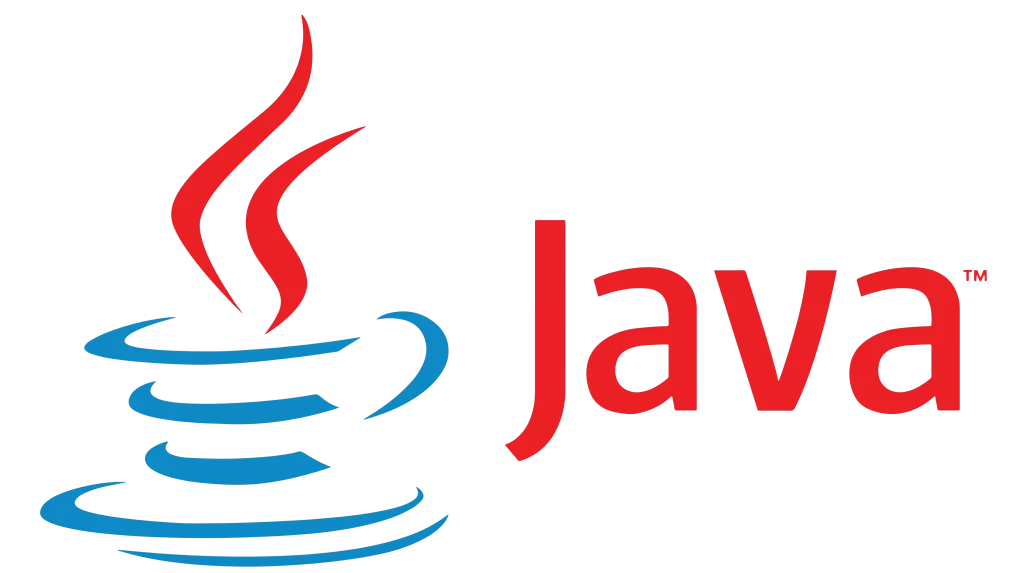Top 5 programming language to learn in 2024
Top 5 programming language to learn in 2024
Programming is the topmost skill to learn all the new technologies and website and mobile applications as well as new software in the world of technology was developed using programming or coding . Now we are going to discuss about top 5 programming language to learn in 2024.

1. Javascript

JavaScript is one of the most popular programming languages in the world, developed by Brendan Eich in 1995. Since its inception, JavaScript has continually grown in popularity, with new frameworks and libraries like React, Angular, and Node.js enhancing its capabilities.
What is JavaScript?
JavaScript is a versatile programming language widely used in web development. It enables web pages to be interactive and dynamic, allowing users to perform actions such as clicking buttons and filling out forms. Its flexibility allows developers to use it in various contexts, including web applications, mobile apps, and even virtual reality projects.
Why JavaScript is Essential for Web Development
- Wide Browser Support: One of the primary advantages of JavaScript is its broad support across web browsers, making it ideal for creating interactive web pages that reach a wide audience.
- Rich User Interfaces: JavaScript is a popular choice for building web applications because it allows developers to create rich, responsive user interfaces.
- Versatile Use Cases: From building complex web applications to developing mobile apps and working with virtual reality, JavaScript’s flexibility is unmatched.
How to Use JavaScript
Developers can incorporate JavaScript into web pages either by embedding the code directly within the HTML file or linking to an external JavaScript file. The code typically executes when the page loads but can also be triggered by user interactions like button clicks or form submissions.
Top 5 programming language to learn in 2024
2. Python

Python has been growing in popularity since its inception. It is a high-level programming language that first appeared on February 20, 1991, making it nearly 30 years old.
Key Benefits of Python
- Readability and Simplicity: One of Python’s standout features is its readability. It uses indentation to define code blocks, unlike many other languages that use curly braces. This makes Python code easier to read and understand.
- Large Standard Library: Python comes with a comprehensive standard library, allowing developers to perform many common programming tasks without the need for additional libraries.
Object-Oriented Programming
Python is an object-oriented programming language, which means it is based on the concept of objects. Objects are data structures that contain properties (variables) and methods (functions). Consequently, this approach helps developers create complex programs by organizing and manipulating data in a structured way.
Versatile Use Cases
Python is used in various contexts, including web development, data analysis, and machine learning. Its versatility makes it a favorite among developers for a wide range of applications.
Community and Resources
Python has a large and active community of users. This means there are abundant resources available for learning the language, as well as numerous libraries and frameworks to extend its capabilities.
3. Java

Java is a popular programming language widely used for web development, mobile app development, and creating standalone applications.
Key Features of Java
- Compiled Language: Java is a compiled language, meaning that the code written by the programmer is transformed into bytecode that can run on any device with a Java Virtual Machine (JVM). This contrasts with interpreted languages, where the code is executed directly by an interpreter. Consequently, the advantage of Java’s compiled nature is that its programs are generally faster and more efficient than those written in interpreted languages.
- Object-Oriented Programming: Java is based on the concept of objects. Objects are data structures that contain properties (variables) and methods (functions). Therefore, this allows developers to create complex programs by organizing and manipulating data in a logical and structured way.
- Platform Independence: Java is platform-independent, meaning that the same Java program can run on any device with a JVM, regardless of the underlying hardware and operating system. Thus, this makes Java an attractive choice for building applications that need to be deployed across a wide range of devices.
Community and Resources
Java has a large and active community of users. This vibrant community provides numerous resources for learning the language and offers a wealth of libraries and frameworks to extend Java’s capabilities. Consequently, Java’s extensive ecosystem makes it suitable for a wide range of contexts, including web development, mobile app development, and standalone applications.
4. C++

C++ is a high-performance programming language widely used in system programming, games, and other applications where efficiency is crucial. Its complexity makes it better suited for experienced programmers compared to languages like Python or Java.
Key Features of C++
- Emphasis on Performance: C++ is known for its performance. As a statically-typed language, the type of a variable must be explicitly declared by the programmer. While this can make C++ code more verbose, it enables the compiler to generate highly efficient code.
- Low-Level Programming: C++ supports low-level programming constructs such as pointers, which allow developers to directly manipulate memory. This capability provides maximum control over the hardware, essential for performance-critical applications.
Applications of C++
C++ is widely used in various contexts, including:
- Operating Systems: Many operating systems are built using C++ due to its efficiency and control over system resources.
- Web Browsers: C++ is used in the development of web browsers, where performance and responsiveness are crucial.
- Games and Graphics: C++ is a popular choice for game development and graphics-intensive applications because of its ability to handle complex computations and real-time processing.
- Scientific Computing: The language is used in scientific computing for simulations and calculations that require high performance.
- Embedded Systems: Additionally, C++ is utilized in building software for embedded systems, where resource constraints and efficiency are paramount.
5. PHP

PHP is a widely used programming language for web development. As a server-side language, PHP code is executed on the server, making it ideal for creating dynamic web pages that retrieve data from databases or perform other server-side tasks.
Key Features of PHP
- Server-Side Execution: PHP is executed on the server, allowing for the creation of dynamic web pages that can interact with databases and other server-side resources.
- Integration with HTML: PHP code can be embedded directly into HTML documents, making it easy to create dynamic content within web pages.
- Ease of Use: PHP has a simple syntax similar to other programming languages like C and Java, making it accessible to new developers and those familiar with these languages.
Interpreted Language
As an interpreted language, PHP code is executed by an interpreter rather than being compiled into machine code. Consequently, this allows for easier development and testing. However, it can result in less efficient performance compared to compiled languages.
Common Use Cases
- Database Integration: PHP is often used with database management systems like MySQL, allowing for the creation of dynamic web pages that can retrieve and manipulate data.
- Web Servers: PHP is commonly used with web servers such as Apache or Nginx to build server-side applications.
Suitability for Various Applications
PHP’s simplicity and ease of use make it a popular choice for web development, particularly for small to medium-sized applications. Nevertheless, it is also capable of handling larger, more complex systems.

mplrs.com
Thx!